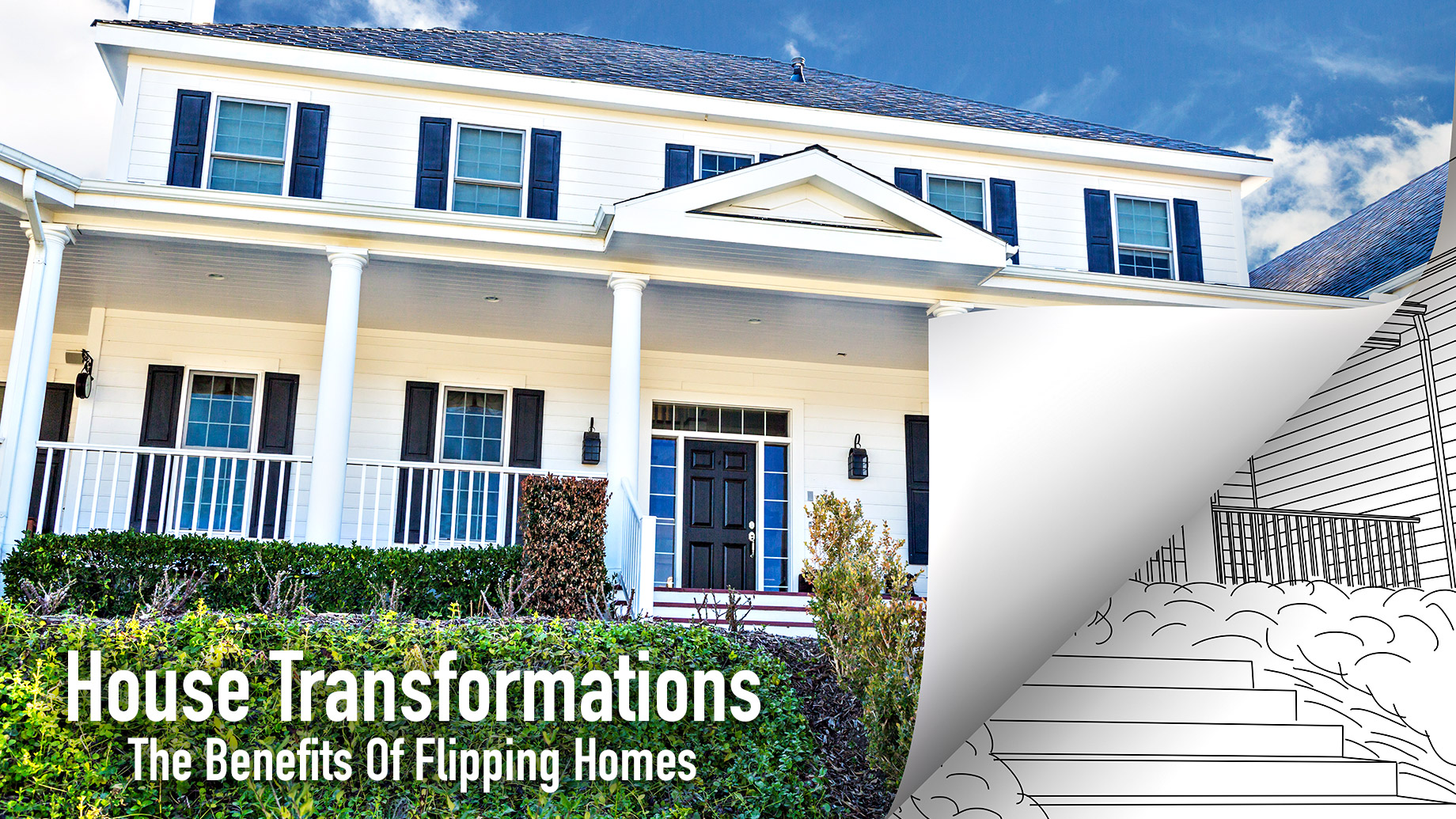
Flipping houses can be a fun pastime. You can also profit if you’re successful in house flipping, especially if you know what you’re doing. However, it isn’t without its cons. Overall, house flipping is a risky business with your income entirely dependent on the housing market.
As we all know, the housing market is volatile and unpredictable. One second, your house rises in value, then the next, it plummets down to a loss. If you don’t know anything about house flipping, it’s best to do your research first if you don’t want to have such losses. House flipping may seem scary at first, but when you get the hang of it, you’ll be good to go.
With that in mind, let’s talk about the benefits of house flipping.
It’s Profitable
Of course, no one would endeavor house flipping if it’s not profitable. In and of itself, flipping can be a very profitable hobby if you know the ins and outs. However, you’d always run the risk of buying a high-value property just right before the market makes a downturn.
If a home’s value falls while you’re doing the renovations, then you’ll be stuck with a property that would not earn you profit when you sell it. That’s always a risk that every flipper should have in mind.
So how much does a flipper make?
Well, it depends on the value of the property. But back in the third quarter of 2019, flippers averaged at least 40.6% gross profit. It’s important to remember that the gross profit figure is the difference between the property’s value and how much it was sold for.
Of course, this doesn’t include the rehab and the renovations, which many experts calculate as 20-33% of the home’s value repairs. So let’s have an example.
Suppose you bought a house for $160,000, intending to flip it for profit. Based on the average back in 2019, you would profit $64,900 if you sell it for $224,900. Also, let’s say that your renovations and rehab cost 20-33%, which amounts to $44,980 – $74,217. Now, take your sale prices, then subtract the purchase price and the repairs, and you would have $19,920, which is a 12% profit. Not bad, right?
However, people tend to take out loans like online loans with no credit check on them for financing, especially when they’re just starting. With that, you can subtract the loan’s value from your profits, and you’ll still be left with significant earnings on your endeavor.
But of course, these numbers are applied with 2019 statistics. The average profit of flippers depends on many factors like how many houses they flip each year, the prices of houses, the number of renovations they do, etc. However, veteran flippers can maximize their profit margins in many ways.
For starters, they already have connections to buy materials in bulk or are partnered with real estate agents. Not to mention that they tend to have relationships with investors who tip them to great buys before they hit the market themselves.
So, can you say that flipping houses are profitable? Yes, yes, it is.
You Learn About Real Estate Market Analysis
A real estate market analysis analyzes the market values of properties, which you can compare to the property you’re about to buy or sell. It’s essential when you flip houses because, with this research, you’ll be able to determine the value of your property before you make a listing for it.
Also, if you’re looking to rent out your property, you’ll be able to determine how much you’ll charge your tenants.
That said, if you have a business relationship with a real estate agent or brokers, you can ask for their reports that will help you set lists for pricing when you want to sell your flipped house.
That said, why should you do a real estate market analysis? There are several reasons why.
For one, you can determine if a city is an excellent place to find properties. You can even know why a place is volatile to sell houses in. Also, you’ll have information about investment projects in a specific area that might increase the value of your property in the future.
Learning About How Consumers Affect the Market
Before you buy a property to flip and sell, there are a lot of factors you have to consider, especially consumer behavior and demographics. For example, when the coronavirus pandemic started, many people opted for properties outside the city or in very rural areas to avoid the virus.
That said, by determining the current mood and behavior of the consumers, you’ll most likely buy a property that goes with the trend of what the consumers want. This is important because learning consumer behavior can dictate the value of your property and where you should buy them in the first place.
Final Words
If you’re looking into flipping houses either as a business or merely a hobby, then learning about these benefits can surely draw you into going into the flipping business. The flipping business is fun, but of course, as mentioned earlier, it has its consequences. So if you’re serious about this whole affair, then you better study up.